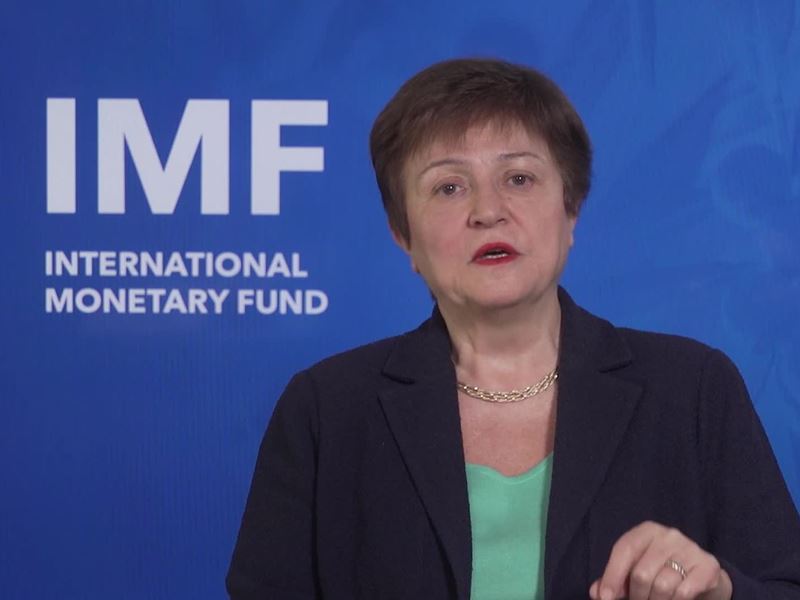Key highlights
- The IMF has suggested some solutions to mitigate the effects of declining fossil fuel production.
- It recommended structural adjustments for countries that produce fossil fuels to manage the impact of declining production.
- Also, countries at risk of declining fossil fuel output were implored to improve public finances, diversify economies, and set up sovereign wealth funds, among other steps.
The International Monetary Fund (IMF) has said that countries that produce fossil fuels need structural adjustment in order to manage the impact of declines in fossil fuel production.
Disclosing this in its April 2023 World Economic Outlook with the theme “A Rocky Recovery”, the IMF said that countries at risk of declining fossil fuel output need to improve public finances and the quality of their institutions, diversify their economies, set up sovereign wealth funds, and facilitate the reallocation of production factors.
The IMF further suggested that such countries need to take the following action steps:
- Ameliorating the business environment to attract investment in new, productive, higher-value-added sectors
- Modernizing infrastructure and attracting foreign direct investment in research and development
- Improving the human capital stock of the labour force by investing in education.
- “The pace and direction of the clean energy transition as well as the price outlook depend on the policy mix. This creates great uncertainty in countries that produce fossil fuels. If fossil fuel prices decline because of a climate policy mix that works mostly through the demand side, high-cost producers will need to shut down production.
- “If those prices instead rise based on a climate policy mix that relies on supply cuts, local production declines will depend on domestic policy decisions. Climate policy certainty, at the country and global levels, could make adjustments more predictable and less costly,” said part of the report.
The Nigerian context
Data from the Nigerian Upstream Petroleum Regulatory Commission (NUPRC) has revealed that Nigeria recorded 1.26 million barrels per day of crude oil production in March 2023. Meanwhile, the country produced 63,756 blended condensates and 185,469 unblended condensates, making a total of 1,517,426 for the period highlighted. This is the first dip in the country’s crude production in 2023.
Several factors are responsible for Nigeria’s inability to increase oil production significantly, some of these challenges include crude oil theft, lack of investments, and the transition to renewable energy.
Although the Nigerian economy is no longer fully reliant on oil, the country’s institutions and policy development are still in need of a major shake-up, to enable much-needed growth in the country’s economy.
What you should know
The federal government budgeted a total of N1.08 trillion for the Ministry of Education for the 2023 fiscal year, crossing the N1 trillion mark for the first time, and accounting for 5.3% of the total budget allocation for the year.
- The budgeted amount for education is significantly lower than the United Nations Educational Scientific and Cultural Organization (UNESCO)’s benchmark for the funding of the educational sector. The UNESCO benchmark for funding education is 26% of the national budget and 6% of the gross domestic product (GDP).




















